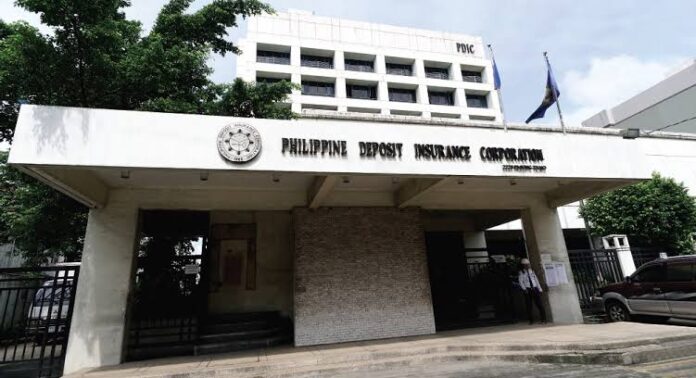In a move aimed at supporting the government’s economic agenda, the Philippine Deposit Insurance Corp. (PDIC) has remitted P107.23 billion to the Bureau of the Treasury (BTr), reinforcing the government’s efforts to drive economic growth through major infrastructure and social programs. This remittance, PDIC president Roberto B. Tan said, is in line with the mandate under the 2024 General Appropriations Act and follows a legal opinion from the Office of the Government Corporate Counsel (OGCC).
But while this sizable transfer provides crucial funding for government initiatives, it also raises questions about the potential risks to the PDIC’s deposit insurance fund (DIF), which guarantees the safety of bank deposits in case of financial instability.
Tan emphasized that despite the large remittance, the corporation’s DIF remains sufficiently robust to handle any future contingencies. “We assure the public that after the remittance, the DIF continues to meet its target level, adhering to international best practices and ensuring that it is fully capable of fulfilling its responsibilities, should the need for insurance calls arise,” Tan said.
The remittance contributes to vital national projects that include infrastructure rehabilitation, social assistance programs, and rural electrification. Among the key beneficiaries are the construction of the Panay-Guimaras-Negros Island Bridges, the Metro Manila Subway, and the Cebu-Mactan Bridge, which are expected to stimulate job creation, boost income levels, and reduce poverty—ultimately increasing deposits in banks and strengthening financial institutions nationwide.
The Department of Finance (DOF), in its capacity as PDIC chairman, has stressed the importance of prudent fund management. While the remittance is an important contribution to the country’s development, the DOF also said that the PDIC is committed to maintaining the soundness of the DIF, with sufficient reserves to mitigate risks in the banking system.
This careful balancing act highlights the importance of deploying the DIF in a manner that fuels economic growth without endangering the financial safety net that protects depositors. The ongoing health of the DIF is vital not only for depositor confidence but also for the broader stability of the banking sector.
The economic ripple effects of the remitted funds are expected to be far-reaching. By supporting large-scale projects like the North-South Commuter Railway and the Philippine Fisheries and Coastal Resiliency Project, the government aims to create a multiplier effect, stimulating economic activity across various sectors. As these initiatives move forward, more jobs and financial opportunities are expected to materialize, creating a healthier banking environment with an expanded pool of depositors.
The PDIC and the national government headed by Finance Secretary Ralph Recto have both reassured the public that the financial maneuver is part of a well-calculated strategy that balances the need for immediate economic stimulus with the long-term stability of the country’s banking system.
“We remain committed to safeguarding public trust and ensuring that the financial system remains resilient, especially in times of crisis,” Tan said.
The careful management of the DIF and its strategic deployment for national development projects underscores the PDIC’s role in not only protecting depositors but also contributing to the broader economic growth of the Philippines.







